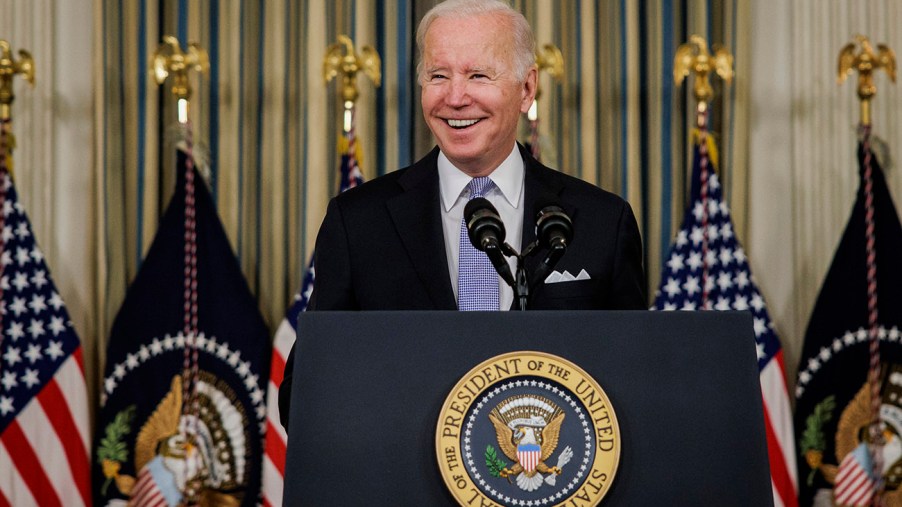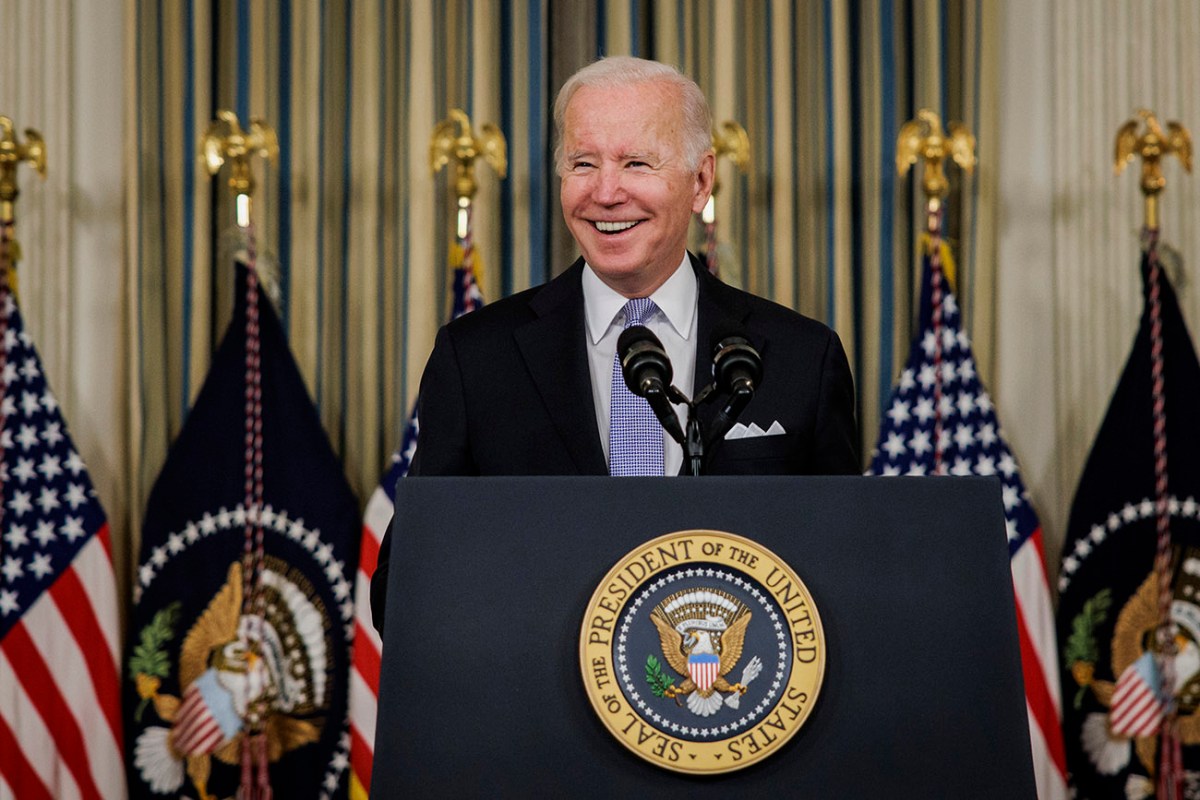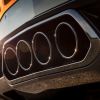
Infrastructure Bill Passes But New EV Tax Credits Vote Gets Delayed
The newly proposed EV tax credits have been a contentious element of President Joe Biden’s “Build Back Better Act” spending plan. The bill intends to incentivize customers to buy EVs built by union labor, in turn incentivizing automakers to allow their employees to unionize. However, the proposal has received significant pushback from various sources, and it seems that pushback may have caused the legislation to stall.
House of Representatives sends bill to President Biden with delayed EV tax credits

According to a report from Automotive News, the U.S. House of Representatives passed a massive $550 billion spending bill, including $7.5 billion for EV charging stations and $65 billion for upgrading the United States’ power grid.
The bill passed in the House with a vote of 228-206 and will be sent to President Biden to be signed. The President said the passage of the bill is “a monumental step forward as a nation.”
However, the bill passed is not the same as the $1.75 trillion Build Back Better Act, which contains the majority of Biden’s spending agenda, including the additional $4,500 EV tax credits for union-built vehicles. Instead, the House approved a “procedural measure” to prepare a vote for the Build Back Better Act when representatives return after a break.
Pausing the vote was a concession to a small group of moderate lawmakers that refused to vote for the Build Back Better Act without a Congressional Budget Office (CBO) cost analysis score. This pause on the vote is the latest in a series of potential challenges that the increased tax incentive proposal has had to face since its introduction.
Several automakers oppose the increased tax credits
The proposed EV tax credits within the Build Back Better Act heavily favor EVs built by Ford, General Motors, and Stellantis. All three of those manufacturers use union labor at their United States facilities. In total union-built EVs with batteries made in the United States are eligible for a total of $12,500 in tax credits versus a maximum of $7,500 in tax credits for non-union-made vehicles.
Manufacturers such as Hyundai, Nissan, BMW, Volkswagen, and Toyota have spoken out against the legislation calling it “discriminatory.” None of those foreign manufacturers use union labor in their U.S.-based facilities, so they stand to suffer a significant disadvantage to the big three domestic automakers if the bill passes as is.
Rather than unionize their workforces, these automakers are speaking out against the bill publicly. In an interview with CNBC, the Executive VP of Toyota called the bill “bad public policy.”
Tesla CEO Elon Musk tweeted that the bill was “written by Ford/UAW lobbyists.” While Tesla is an American automotive company, it does not use union labor in its factories, so its EVs would not be eligible for the new tax credits.
Some foreign governments are against the spending bill

Disadvantaged automakers are not the only ones speaking out against the new EV tax credits. The Canadian government has threatened to take legal action against the United States if the bill passes. Ford, General Motors, and Stellantis all have factories in Canada; however, vehicles built at those facilities would not be eligible for the tax credits.
The Canadian government worries that since the tax credits only apply to vehicles built in the United States, manufacturers will use Canadian labor less, resulting in job losses. Canadian Trade Minister Mary Ng said the proposed EV tax credits are “inconsistent” with U.S.-Mexico-Canada (USMCA) trade agreement. Other Canadian representatives suggested that country would challenge the legislation should it go through.
It is unclear if this pause on the vote will result in any changes to the legislation. We speculate the voices of the opposition will grow louder as the vote gets closer.
RELATED: Democrats Change EV Tax Credits For High Priced Trucks


